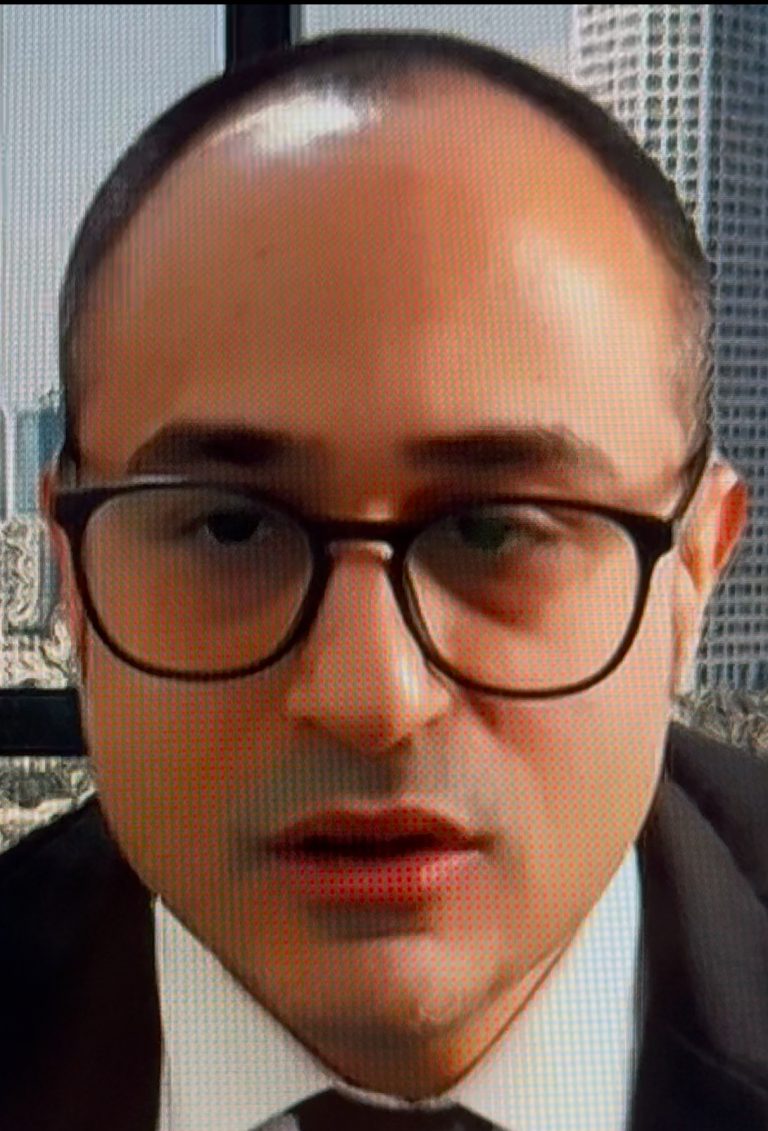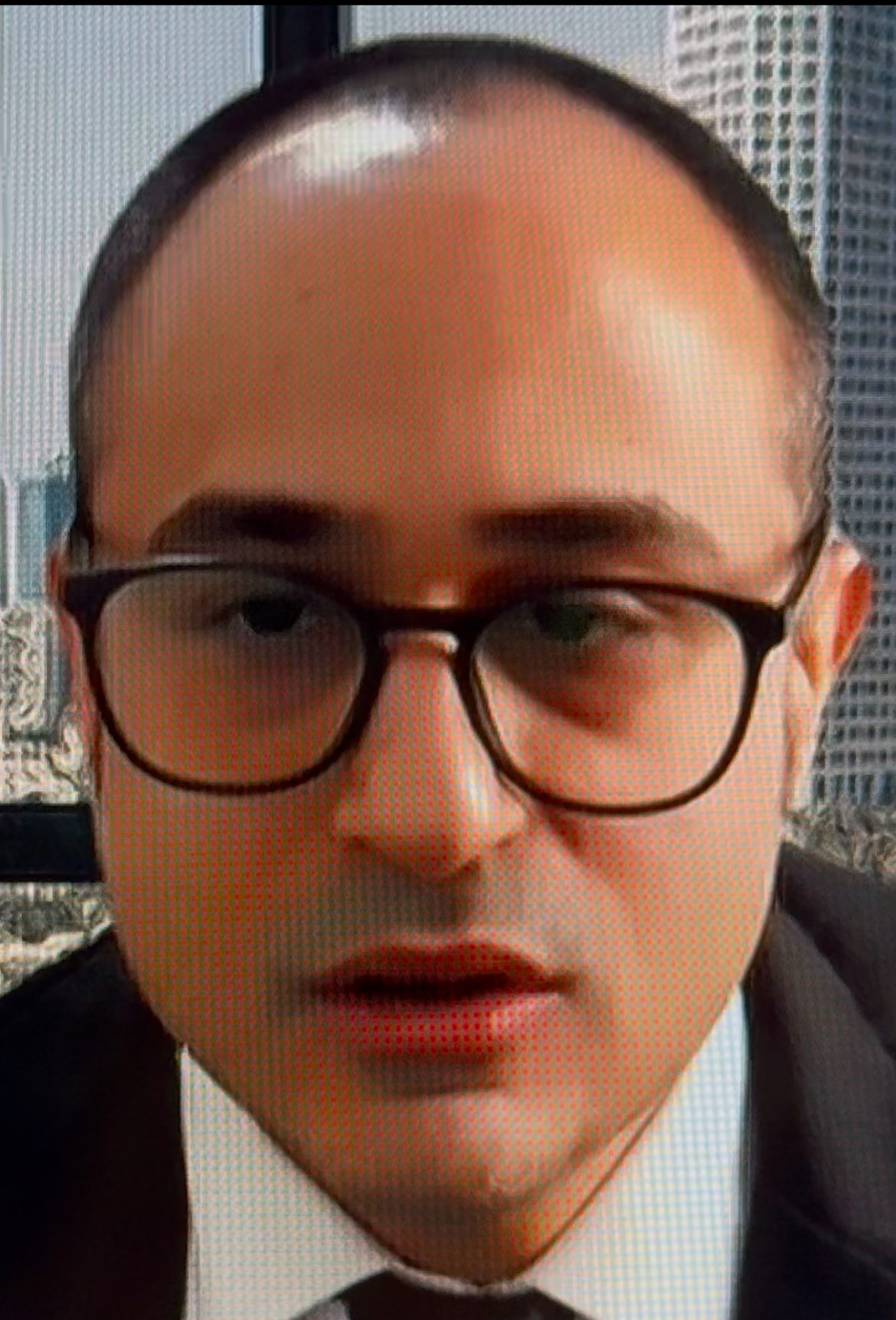Judge Joseph Perkins' Statements During the Florida Hearing on the Enforcement of Israeli Defamation Judgments
In a recent hearing in Miami Dade County, Florida, where Mr Roee Golan and others Israelis arrested for attempted soliciation of a minor, are attempting to enforce Israeli Default Judgments Judge Joseph Perkins Made crucial statement indicating the possible outcome of the cases.
1. The Judge Demanded Clarification on the Nature of the Israeli Judgments
At the beginning of the hearing, the judge asked the plaintiffs whether all of the judgments were solely for defamation or if they contained additional legal claims:
Judge Perkins: “I understand that we are dealing with a series of consolidated cases, correct? So I want to make sure everything is clear. Are all these judgments solely for defamation?”
In response, Plaintiffs’ attorney Daniel Saltzman admitted that some of the cases contained additional causes of action beyond defamation.
The judge emphasized that this needed to be clearly and explicitly detailed before the court could meaningfully analyze the judgments.
2. The Judge Expressed Dissatisfaction with the Level of Detail in the Plaintiffs’ Arguments
When the judge requested a structured list of the judgments and their respective legal claims, he remarked that the plaintiffs had not provided enough clarity:
Judge Perkins: “I expected a more detailed document. You can’t expect me to sit here and analyze each case individually without clear information. I need to understand exactly which judgments are purely for defamation and which include additional causes of action.”
These remarks suggest that the judge was not satisfied with the way the plaintiffs presented their case, indicating a critical stance toward the side seeking to enforce the Israeli judgments.
The judge focused primarily on the burden of proof in Israel. He noted that under U.S. law, the plaintiff must prove that a statement is false, but under Israeli law, the defendant must prove that the statement is true.
The judge asked directly:
Judge Perkins: “I want to understand this in a clear and definitive way—does Israeli law place the burden of proof on the defendant to prove that the statement is true?”
Attorney Saltzman tried to sidestep the question, but the judge pressed for a direct answer.
Eventually, after reviewing the plaintiffs’ documents, the judge concluded that in Israel, the defendant must indeed prove the truth of the statement, and stated:
“If that is the case, then we have a clear problem. This contradicts the American approach, which is based on freedom of speech.”
4. The Judge Cited U.S. Precedents Indicating That Such Foreign Judgments Are Not Enforceable
The judge referenced the 2013 Fifth Circuit case Trout Point Lodge v. Handshoe, in which the court ruled that defamation laws requiring the defendant to prove truth violate the First Amendment and are therefore unenforceable in the U.S.
The judge read from the ruling:
“The key legal difference here is that in Canada, as in Israel, truth is a defense that the defendant must prove. In the United States, the burden is on the plaintiff to prove falsity. This is a critical distinction that affects freedom of speech.”
He then turned to Saltzman and asked:
“How do you intend to address the fact that U.S. courts have already ruled that foreign judgments that shift the burden of proof onto the defendant cannot be enforced?”
Saltzman failed to provide a compelling answer, and the judge expressed serious skepticism about the plaintiffs’ chances of success.
5. The Judge Suggested Looking Up Israeli Law Directly to Verify the Burden of Proof
At one point in the hearing, the judge proposed checking Israeli law himself:
“I can simply look up the Israeli law and see what it says.”
“If Israeli law states that the defendant must prove truth, then this entire discussion may be pointless because the SPEECH Act would bar us from enforcing these judgments.”
After a short recess, the judge returned and stated that all of his research confirmed that in Israel, the burden of proof is indeed on the defendant.
Conclusion: The Judge Appears Inclined to Reject the Israeli Judgments
Based on the judge’s statements during the hearing, it is clear that he is highly skeptical about enforcing the Israeli judgments in Florida.
Key Reasons for This Conclusion:
- The burden of proof in Israel is reversed from the U.S. standard, which could violate the SPEECH Act.
- U.S. courts have already ruled that foreign judgments with reversed burden of proof cannot be enforced (Trout Point Lodge case).
- Israel’s requirement that defendants must prove “truth + public interest” is inconsistent with U.S. free speech protections.
- The conflict of interest involving expert witness Guy Tzabary undermines the plaintiffs’ credibility.
Next Steps:
The judge has given the plaintiffs additional time to decide whether they will replace their expert witness and whether they have any other legal arguments to prevent their case from being dismissed.
Likely Outcome:
If the plaintiffs fail to present a compelling new argument or an independent expert, the judge is likely to dismiss the case and refuse to enforce the Israeli judgments in Florida.



